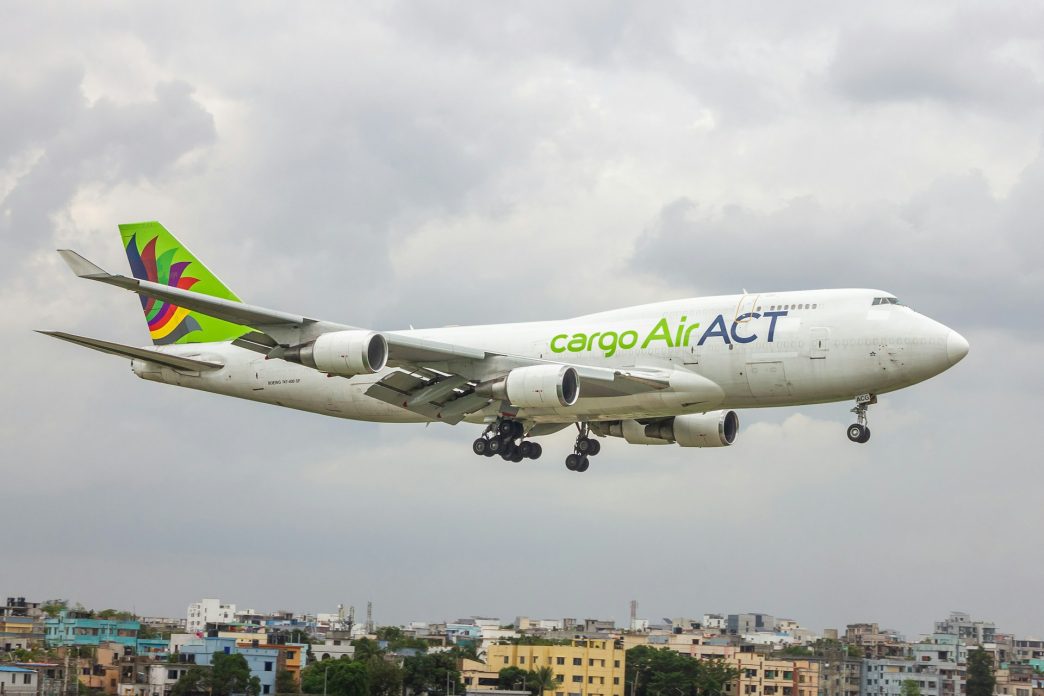The efficiency and cost-effectiveness of supply chains are paramount to business success. One critical component of modern logistics is air freight, which offers speed and reliability for transporting goods across international borders. However, many businesses fail to optimise their air freight operations fully despite their importance. One key area that often gets overlooked is air freight audit processing.
Air freight audit processing involves reviewing and validating air freight invoices and contracts, ensuring that charges are accurate and comply with agreements. For global businesses dealing with a high volume of international shipments, air freight audits can be the difference between profit and loss.
- Minimising the Risk of Overcharging
Air freight involves a complex network of players, including airlines, freight forwarders, ground handling companies, and customs brokers. Each of these entities can influence a shipment’s cost structure. Unfortunately, with the multiple parties involved, there is a significant risk of overcharging. Incorrect billing, weight or volume calculation errors or agreed-upon rate discrepancies can all contribute to inflated costs.
By implementing a robust air freight audit process, businesses can ensure that they only pay what they are contractually obligated to. Auditing invoices and comparing them against contractual terms helps identify any discrepancies, enabling businesses to dispute erroneous charges promptly. This can result in significant savings, especially for companies that rely on air freight for large-scale international operations.
- Ensuring Compliance with Contracts and Regulations
Global businesses often deal with multiple suppliers, and managing air freight contracts can become increasingly challenging as the scope of operations expands. Compliance with contract terms, including agreed rates and service levels, is critical to maintaining cost control. Furthermore, different regions may have specific regulations governing freight forwarding, tariffs, and customs processes.
Air freight audit processing ensures businesses adhere to their contracts and regulatory requirements. By reviewing documents such as contracts, invoices, and transport records, businesses can spot potential compliance issues early and avoid costly penalties or legal disputes. It also helps businesses avoid situations where they might be undercharged, leading to unforeseen costs when the correct charges are applied later.
- Improving Cost Control and Budgeting
Air freight is often one of the most significant logistics costs for global businesses, particularly those that deal with time-sensitive goods. Effective cost control is essential to keep these expenses within budget and prevent overspending. Regular air freight audits provide a detailed analysis of costs, enabling businesses to track trends and pinpoint areas where savings can be made.
Understanding the full cost breakdown of air freight services allows businesses to identify inefficiencies or unnecessary charges. This, in turn, allows businesses to renegotiate terms with suppliers, optimise routes, or adjust shipping strategies. Having a clear picture of air freight spending also improves budgeting accuracy, providing businesses with more reliable forecasts for financial planning.
- Enhancing Transparency and Accountability
Transparency and accountability are crucial for effective decision-making in global supply chains. Air freight audit processing enhances both aspects by providing businesses with detailed records of all freight-related activities. This transparency allows businesses to monitor and precisely track air freight costs, shipments, and invoices.
Having accurate records also improves accountability, both internally and with external partners. When issues arise—such as shipment delays or discrepancies in invoicing—auditing provides a clear trail of documentation that can be used to resolve disputes. This can help businesses maintain good relationships with their freight partners and avoid potential disruptions to their supply chains.
- Using Data to Drive Strategic Decisions
Beyond cost savings and compliance, air freight audits also provide valuable data to inform strategic decision-making. By analysing data from multiple shipments, businesses can identify patterns, such as the most cost-effective airlines, preferred shipping routes, or recurring issues with specific suppliers.
With this information, businesses can make more informed decisions about their air freight operations. They can optimise routes, select the best-performing logistics partners, and more effectively adapt to changing market conditions. Air freight audits, therefore, not only provide a snapshot of current performance but also offer actionable insights that drive continuous improvement.
- Streamlining Operations with Automation
Manual air freight audit processing can be time-consuming and prone to errors. However, technological advancements have made automating many aspects of the audit process easier. With the right software tools, businesses can streamline air freight audits, reducing the need for manual intervention and ensuring faster, more accurate results.
Automated systems can automatically compare invoices with contract terms, flagging discrepancies for further review. They can also integrate with other supply chain management software, providing a comprehensive view of air freight activities and costs. This automation not only saves time but also reduces the risk of human error, further improving the reliability of the audit process.













